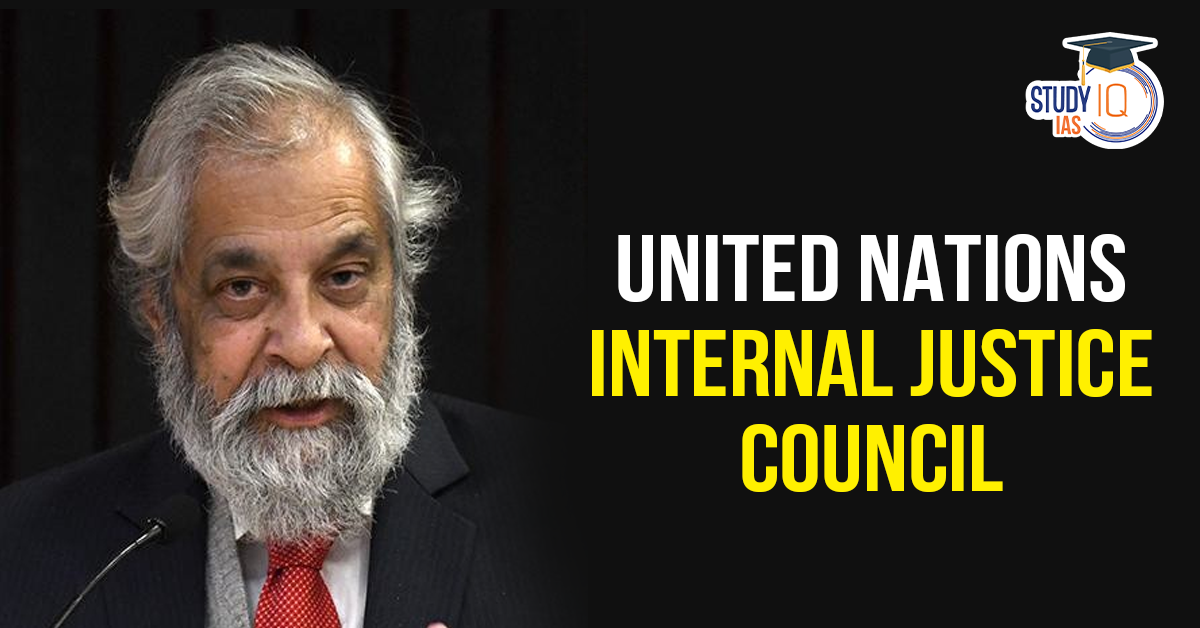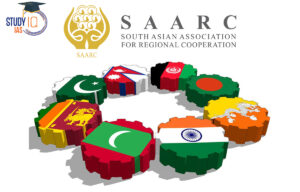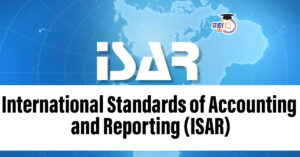Table of Contents
United Nations Internal Justice Council (IJC)
- IJC operates under the UN Secretary-General with oversight from the General Assembly.
- Aim: To strengthen the administration of justice within the UN by ensuring a fair and transparent system for dispute resolution among staff and management.
Powers and Functions
- Search for Judges: Identifies and interviews candidates for vacancies in the UN Dispute Tribunal (UNDT) and the UN Appeals Tribunal (UNAT).
- Recommendations: Recommends two or three candidates for each vacancy to the General Assembly, ensuring geographical diversity.
- Oversight: Provides inputs on the implementation of the justice system to the General Assembly.
- Independence Advocacy: The IJC safeguards the independence of the tribunals and promotes accountability within the organization.
Composition
The council is composed of members representing various stakeholders, including staff and management, as well as independent external experts. This diverse composition ensures balanced and unbiased decision-making.
Appointment of Chairperson
- Procedure: The Chairperson is selected by consensus from 4 other members of the Council & Appointed officially by the UN Secretary-General.
- Term: 4 years (Justice Lokur’s tenure will end in November 2028).


 India Suspends SAARC Visa Exemption for ...
India Suspends SAARC Visa Exemption for ...
 UNESCO Memory of the World Register
UNESCO Memory of the World Register
 International Standards of Accounting an...
International Standards of Accounting an...





















